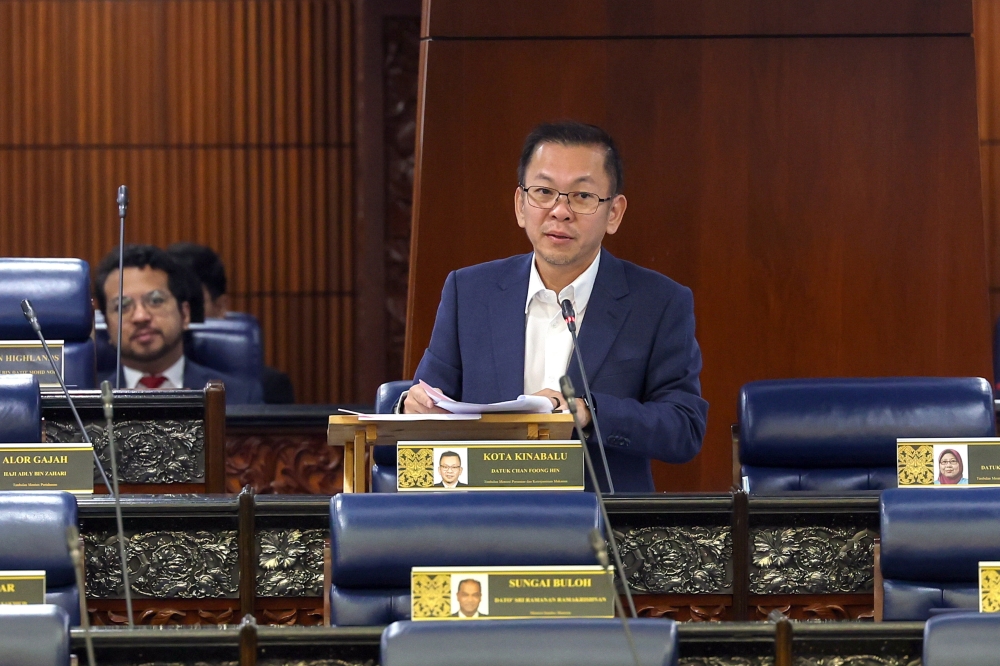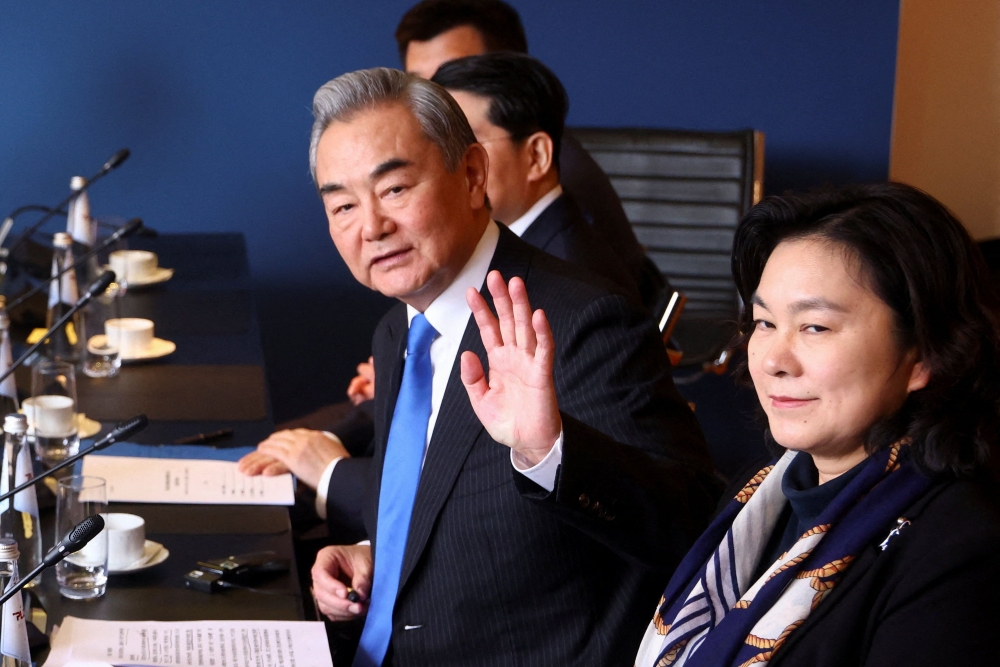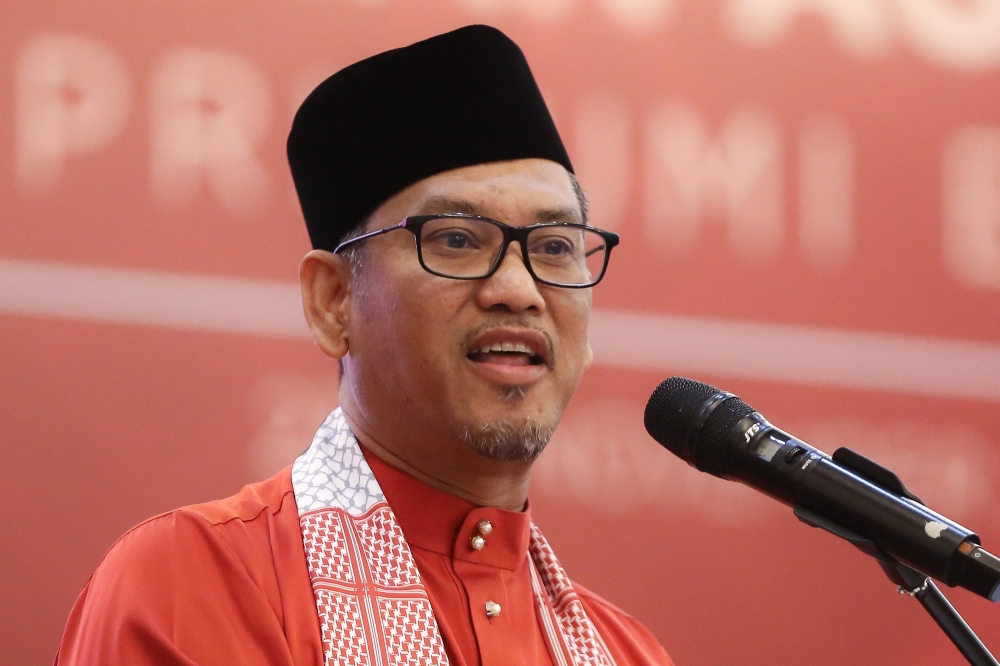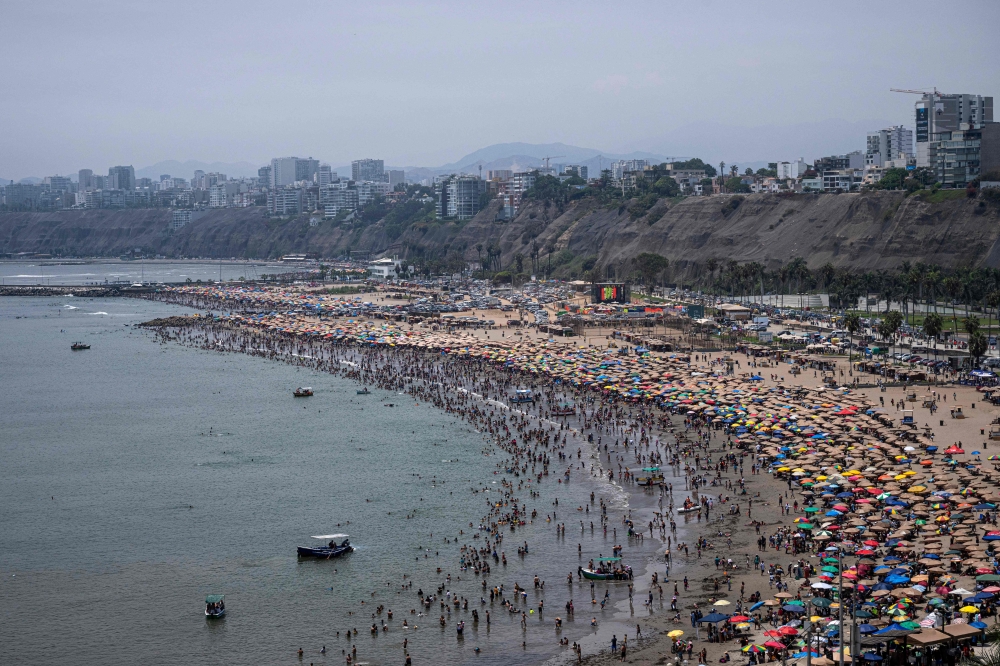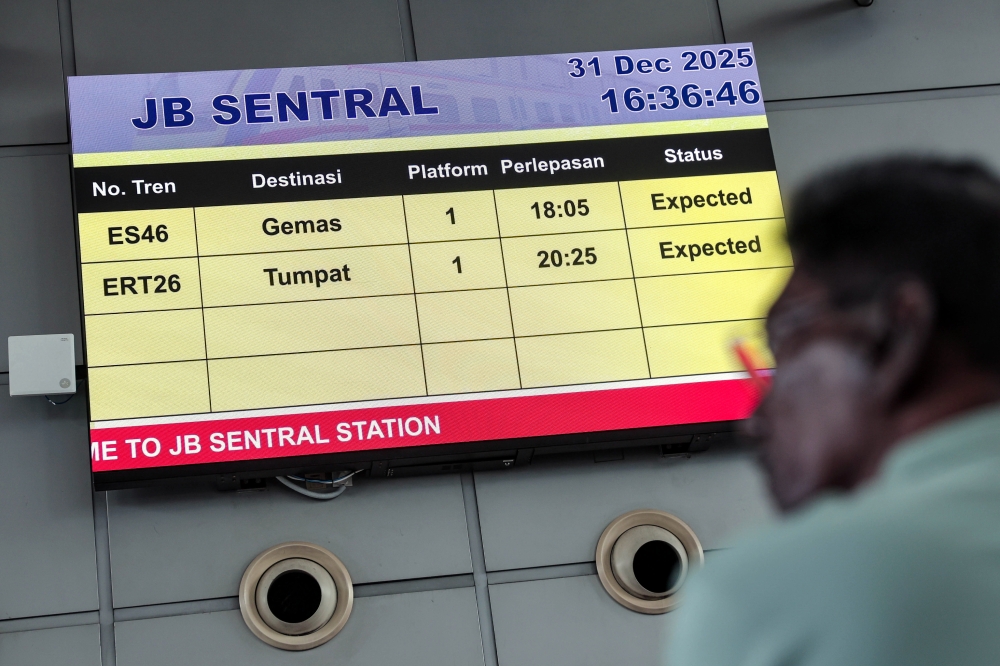SYDNEY, Feb 14 — Top Australian universities warned today Chinese students may walk away from courses Down Under after Canberra extended a coronavirus travel ban, in a major blow to the multi-billion-dollar sector.
Nearly 70,000 Chinese visa holders are due to start their semesters soon at eight top-ranked universities, but have been stuck since the bans started on February 1, said Vicki Thomson, chief executive of Group of Eight, which represents the universities.
“We can’t give our students any certainty as to when they can actually come here. So there is a risk of students choosing not to come here,” Thomson said.
“We are in quite unprecedented times and uncertain times.”
Prime Minister Scott Morrison announced yesterday the ban would be extended for at least another week, drawing the ire of China, which branded the move an “overreaction”.
Thompson warned that countries with competing universities, such as Britain and Canada, remain open to Chinese students and many people could look elsewhere.
Swelling Chinese enrolment numbers — up from fewer than 23,000 in 2003 during the SARS outbreak to more than 150,000 in 2018 — and the timing of the coronavirus at the start of the nation’s academic year meant the impact was unprecedented, she said.
“Put all those factors together and, you know, it couldn’t have happened at a worse time.”
International education was worth AU$32.4 billion (RM90.2 billion) to the economy in 2017-18.
Top universities stand to lose around US$2 billion in fees alone, according to recent preliminary estimates by Standard & Poor’s.
The virus has killed nearly 1,400 people and infected 64,000, mainly in China.
As of today morning, 15 cases of the virus had been detected in Australia.
The economic impact of the virus, chasing a summer of devastating bushfires, is yet to be realised. Australia’s central bank held interest rates at a record low last week.
“Obviously the coronavirus will have an impact on the economy, it is too early to quantify that impact,” Finance Minister Mathias Cormann said today. — AFP












